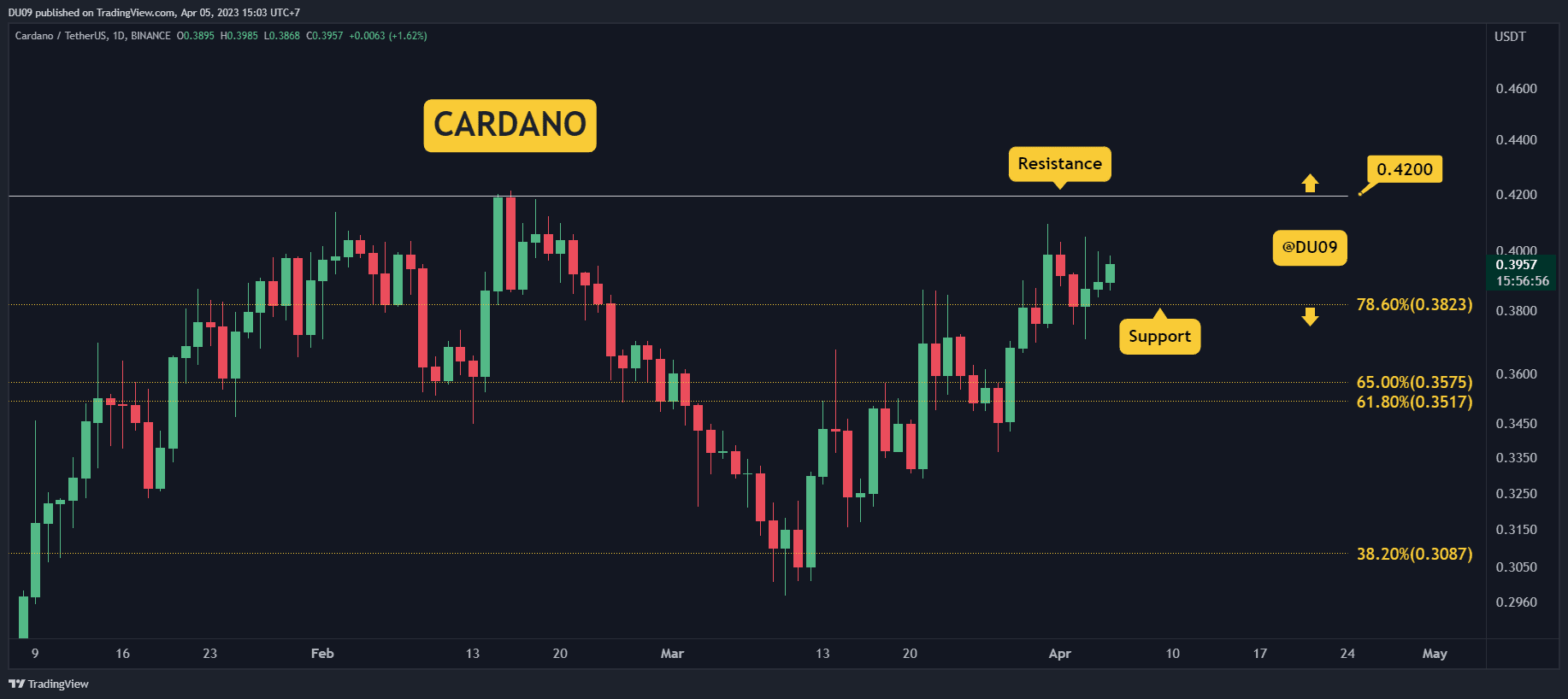Ethereum’s Sepolia Testnet Undergoes Merge Upgrade
Ethereum’s public testnet Sepolia is now the second major testnet to implement the long-awaited Merge upgrade. This brings the entire protocol a step closer to changing its consensus mechanism from proof of work (POW) to proof of stake (POS).
- The upgrade involved “merging” the existing Sepolia POW chain with the POS-based beacon chain. The beacon chain – or “consensus layer” – launched in December of 2020, and still can’t be used for any reason besides staking ETH.
- The upgrade took place at approximately 2 pm UTC on Wednesday, after node operators on both the POW and POS chains collaboratively upgraded their software.
- This experiment was meant to test whether the validator nodes from each chain were compatible. A similar test was run on Ethereum’s Ropsten testnet in early June and was mostly successful.
- Terence Tsao – an Ethereum core developer – summarized that Wednesday’s upgrade was also a success.
- However, about 25%-30% of validators went offline shortly after the merge took place, due to incorrect configurations. They’ve since applied the appropriate updates.
-
“There’s no client bug. These hiccups will not delay the merge,” he explained.
- Transitioning Ethereum to proof of stake is expected to make the network far more efficient, regarding both its energy expenditure and transaction speed.
- At the moment, it’s quite common to see Ethereum transactions fail. Over 1 million transactions that had already been paid for failed to process in May alone.
- Bitcoiners are more hesitant to transition their network to a POS mechanism, believing the model to be prone to corporate capture. However, CFTC chief Rostin Benham seeks to encourage the move through smart mining regulation and incentives.









